When comparing the Audi V6 TDI vs V8 TDI engines, you’ll notice distinct advantages tailored to different driving scenarios. The V6 TDI emphasizes efficiency and reliability, making it ideal for city commuting or high-mileage urban use. Diesel engines like the Peugeot 305 have proven their durability in similar conditions, clocking over 330,000 km. On the other hand, the V8 TDI delivers unmatched power and torque, excelling in towing heavy loads or long-distance highway travel. Drivers towing 2600 lbs with smaller diesel engines often face challenges like high RPMs, which the V8 TDI overcomes with ease.
Key Takeaways
-
The Audi V6 TDI is great for city driving. It uses less fuel and is very dependable.
-
The Audi V8 TDI is stronger and faster. It’s great for towing and highway trips.
-
Think about your needs: pick the V6 for saving fuel or the V8 for more power.
-
The V6 engine costs less to maintain. The V8 might need more repairs.
-
Try driving both engines to see which one works for you.
Audi V6 TDI vs V8 TDI: Engine Specifications
Audi V6 TDI: Power and Efficiency
The Audi V6 TDI engine, also known as the 3.0T, strikes a balance between power and fuel efficiency. With a power output ranging from 230 to 257 kW (308 to 345 bhp), it delivers robust performance for daily driving. Its torque of 650 Nm (479 lbf⋅ft) ensures smooth acceleration and reliable towing capability. The 3.0T engine is designed with efficiency in mind, offering a combined fuel consumption that appeals to drivers seeking lower running costs. This makes it an excellent choice for city commuting or long-distance travel where fuel economy is a priority.
The V6 engine’s engineering focuses on lightweight construction and advanced turbocharging technology. These features enhance its responsiveness and reduce emissions, aligning with modern environmental standards. If you value a blend of performance and practicality, the 3.0T engine is a strong contender.
Audi V8 TDI: Performance and Capability
The Audi V8 TDI engine takes performance to the next level. With a power output of 235 to 283 kW (315 to 380 bhp) and torque ranging from 760 to 850 Nm (561 to 627 lbf⋅ft), it outshines the V6 in raw capability. This engine accelerates from 0-62 mph in just 5.9 seconds, showcasing its dynamic range. It also offers a combined fuel consumption of 31 mpg, with careful driving often exceeding this figure.
The V8 engine is ideal for drivers who demand more power for towing, off-road adventures, or high-speed highway cruising. Its advanced engineering ensures durability and reliability, even under heavy loads. If you prioritize performance and capability over fuel efficiency, the V8 TDI is the better choice.
Side-by-Side Comparison of Engine Specs
To help you compare the Audi V6 TDI vs V8 TDI engines, here is a detailed breakdown of their specifications:
|
Engine Type |
Power (kW) |
Power (PS) |
Power (bhp) |
Torque (N⋅m) |
Torque (lbf⋅ft) |
|---|---|---|---|---|---|
|
3.0 V6 TDI |
230-257 |
313-349 |
308-345 |
650 |
479 |
|
4.2 V8 TDI |
235-283 |
320-385 |
315-380 |
760-850 |
561-627 |
This table highlights the differences in power and torque between the two engines. While the V6 offers excellent efficiency and sufficient power for most needs, the V8 delivers superior performance for demanding tasks.
Audi V6 TDI vs V8 TDI: Performance Analysis
Acceleration and Speed
When it comes to acceleration and speed, the Audi V6 TDI and V8 TDI engines cater to different priorities. The V6 engine, particularly the 3.0T variant, offers a balanced approach. For instance, the Audi Q7 equipped with the 3.0T achieves 0-100 km/h in 8.1 seconds and reaches a top speed of 215 km/h (133.59 mph). This makes it a reliable choice for daily driving and highway cruising.
The V8 TDI, however, takes performance up a notch. With its higher torque and power output, it delivers quicker acceleration and a more thrilling driving experience. While specific data for the V8 TDI isn’t listed here, its superior specifications suggest faster acceleration and higher top speeds compared to the V6. If you value excellent performance and dynamic speed, the V8 is the clear winner.
Driving Dynamics and Handling
The driving dynamics of the V6 and V8 engines differ significantly due to their design and power delivery. The 3.0T engine provides smooth and predictable handling, making it ideal for city driving and long-distance travel. Its lightweight construction enhances agility, allowing you to navigate tight corners and urban streets with ease.
The V8 TDI, on the other hand, offers a more robust driving experience. Its additional power and torque improve stability and control, especially at higher speeds or when towing heavy loads. The V8’s advanced suspension systems and drivetrain technology ensure precise handling, even on challenging terrains. If you prioritize handling and responsiveness, the V6 is a practical choice. However, for those seeking power and control, the V8 stands out.
Real-World Performance: Towing, Off-Road, and Highway
In real-world scenarios, the V6 and V8 engines excel in different areas. The 3.0T engine is well-suited for moderate towing tasks and highway driving. Its fuel efficiency and steady power delivery make it a dependable option for long trips.
The V8 TDI, however, shines in demanding situations. Its higher torque allows it to tow heavier loads effortlessly, making it ideal for trailers or boats. Off-road enthusiasts will appreciate the V8’s capability to handle rugged terrains without compromising performance. Whether you’re towing, off-roading, or cruising on the highway, the V8 delivers unmatched versatility and power.
Tip: Consider your driving needs carefully. The V6 is perfect for efficiency-focused drivers, while the V8 is tailored for those who demand maximum performance.
Audi V6 TDI vs V8 TDI: Practical Considerations
Fuel Economy and Running Costs
When comparing the 3.0T and 4.2 TDI engines, fuel economy plays a significant role in your decision. The 3.0T engine offers better mpg, making it an economical choice for daily commutes or long-distance travel. Its lightweight design and advanced engineering contribute to reduced fuel consumption, which translates to lower running costs over time. On the other hand, the 4.2 TDI delivers excellent performance but consumes more fuel due to its higher power output. If you prioritize efficiency and want to save on fuel expenses, the 3.0T is the better option. However, the 4.2 TDI remains a strong contender for those who value power over economy.
Maintenance and Reliability
Both the 3.0T and 4.2 TDI engines are engineered for durability, but their maintenance requirements differ. The 3.0T engine, with its simpler design, often incurs lower maintenance costs. Its reliability makes it a practical choice for drivers seeking minimal upkeep. The 4.2 TDI, while robust, may require more frequent servicing due to its complex components and higher performance demands. Regular maintenance ensures optimal handling and longevity for both engines. If you prefer a low-maintenance vehicle, the 3.0T engine is ideal. For those willing to invest in upkeep for superior performance, the 4.2 TDI is worth considering.
Price and Value for Money
The initial cost of a vehicle equipped with the 3.0T engine is typically lower than one with the 4.2 TDI. This makes the 3.0T an attractive option for budget-conscious buyers. Its combination of efficiency, reliability, and affordability offers excellent value for money. The 4.2 TDI, while more expensive, justifies its price with unmatched power and excellent performance. If you need a vehicle for towing or high-speed driving, the 4.2 TDI provides a premium experience. Ultimately, your choice depends on whether you prioritize cost savings or top-tier performance.
The Audi V6 TDI and V8 TDI engines cater to distinct driving needs. The 3.0t engine excels in fuel efficiency and practicality, making it ideal for city commutes or long-distance travel. Its lightweight design and advanced engineering ensure a smooth and economical driving experience. On the other hand, the v8 engine delivers unparalleled power and torque, perfect for towing, off-road adventures, or high-speed highway cruising.
When choosing between the two, consider your priorities. If you value efficiency and lower running costs, the 3.0t is the better option. For those who demand maximum performance and capability, the v8 stands out. Test driving both models will help you determine which engine aligns with your lifestyle and driving preferences.


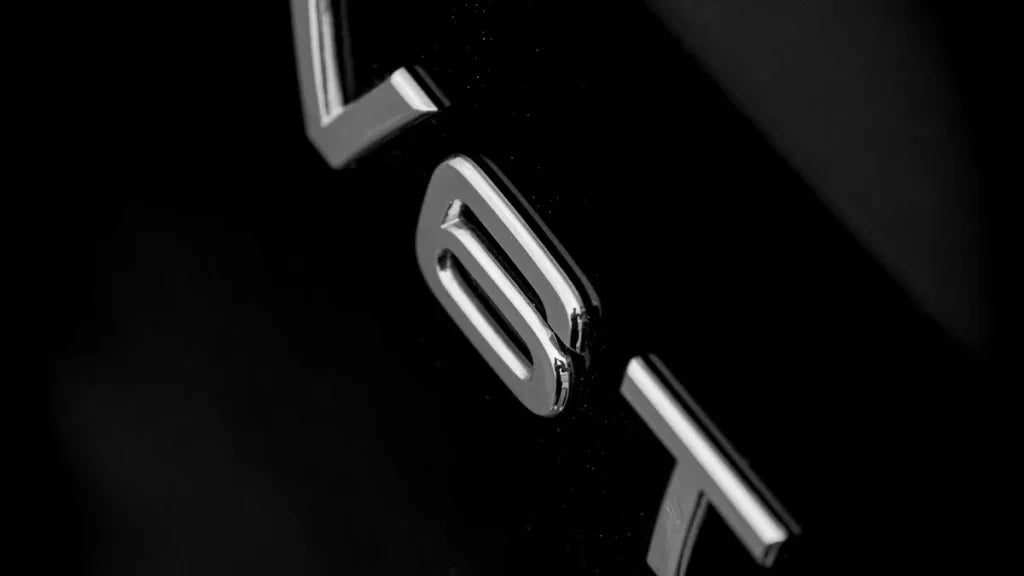
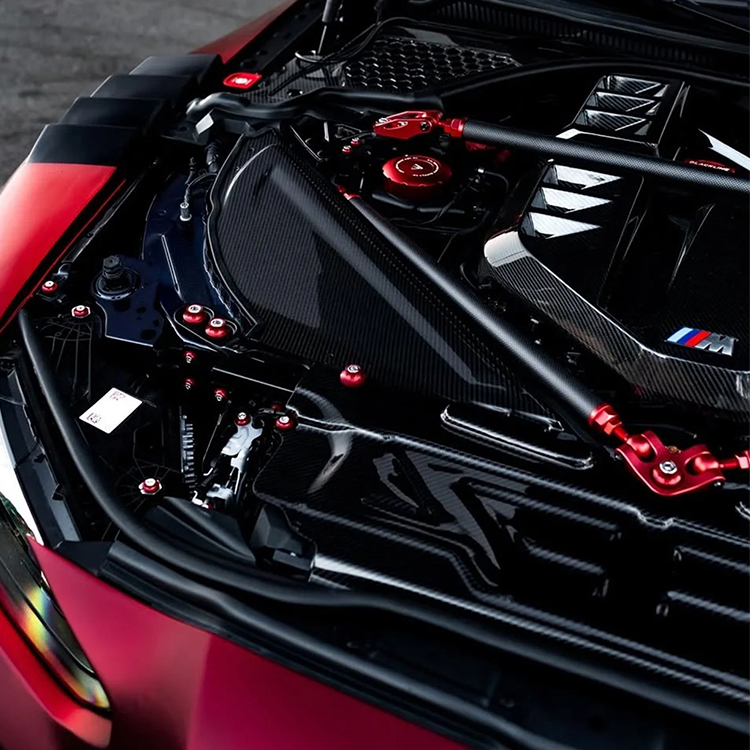
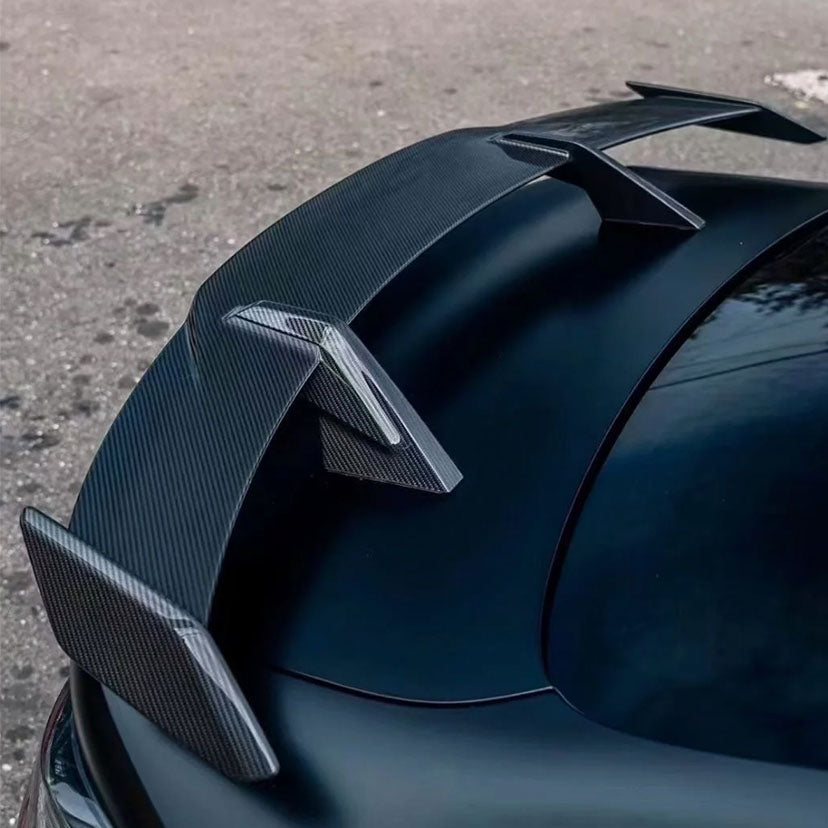
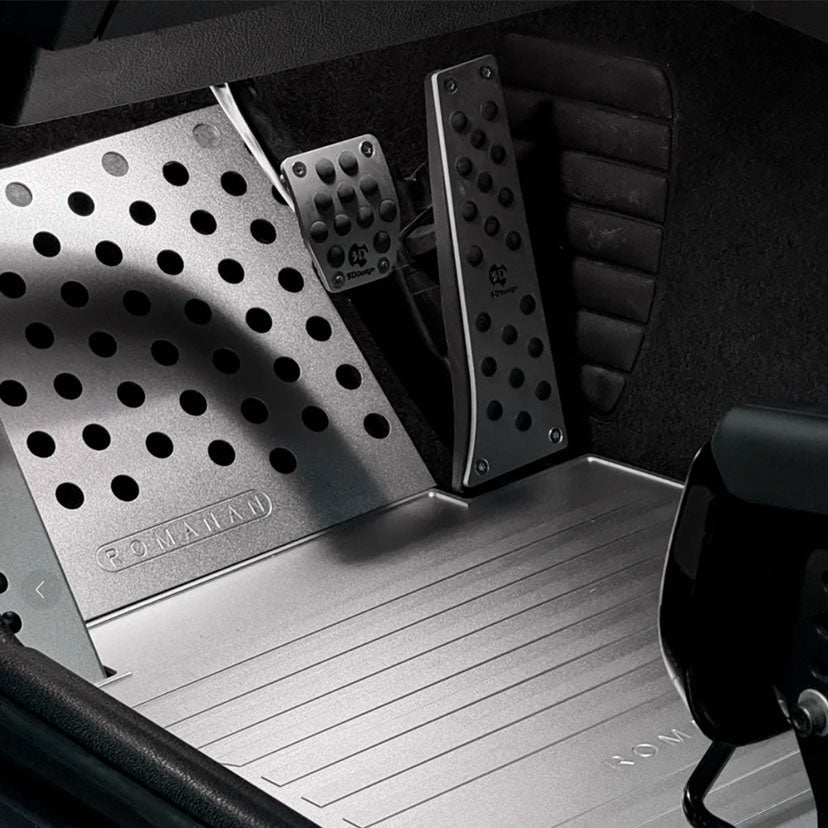
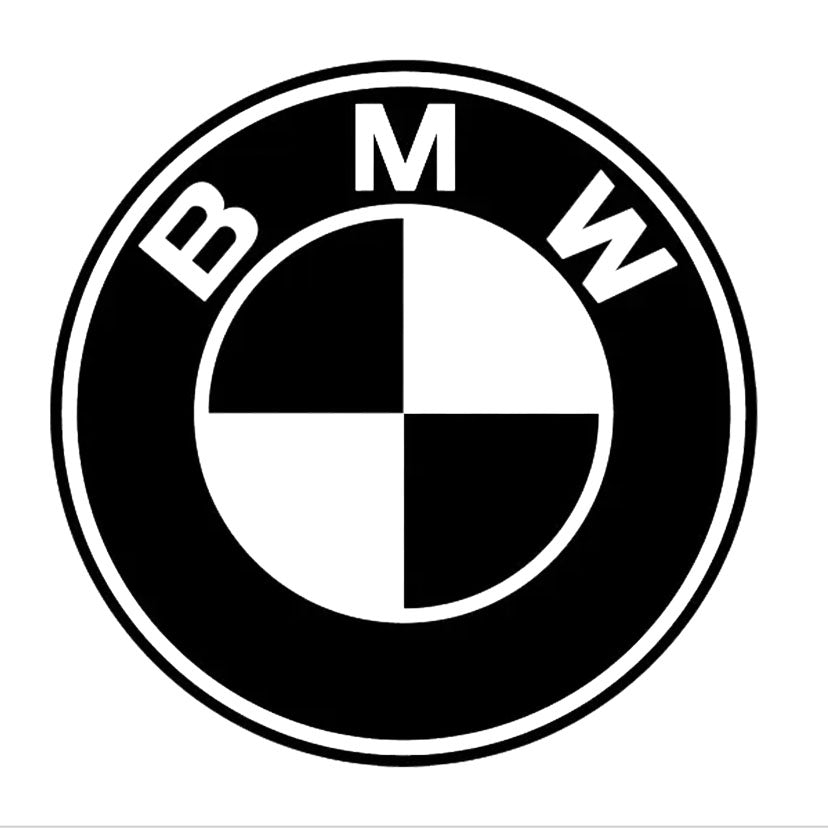
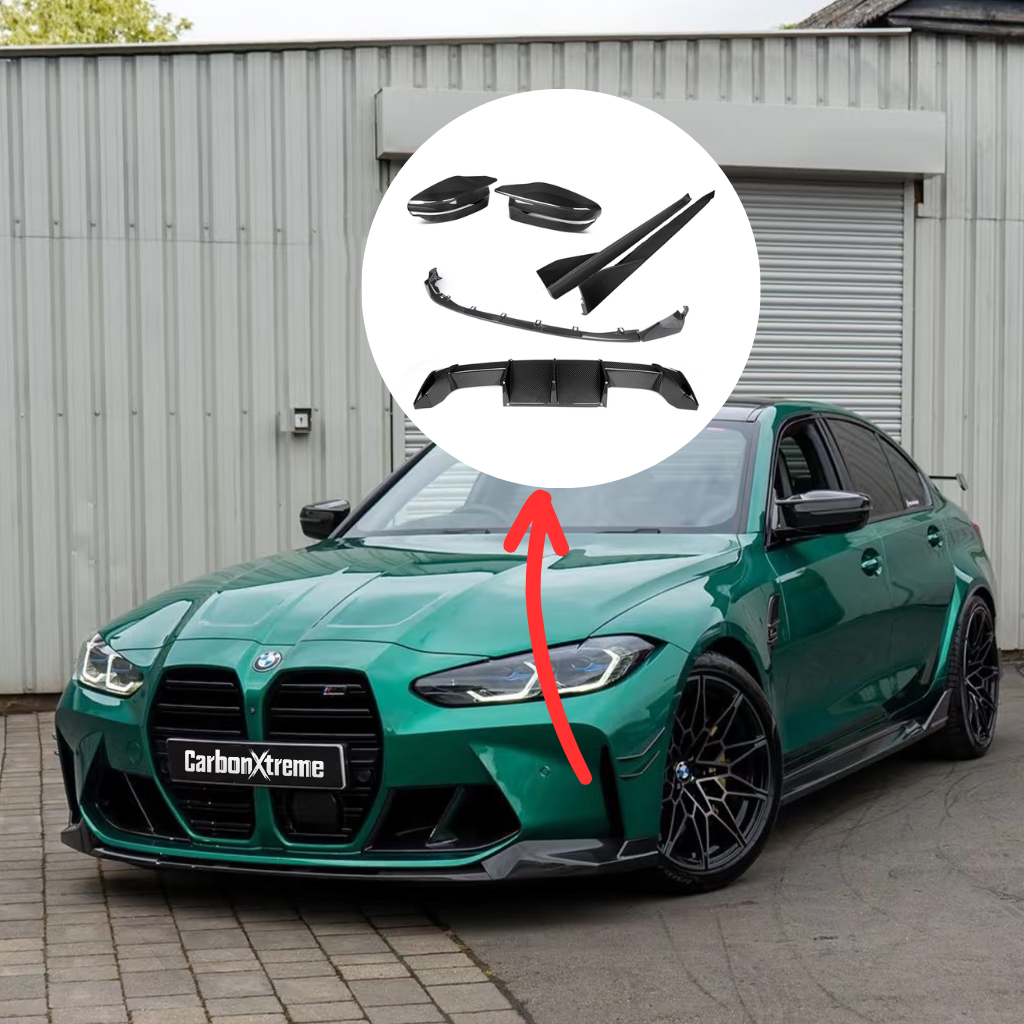
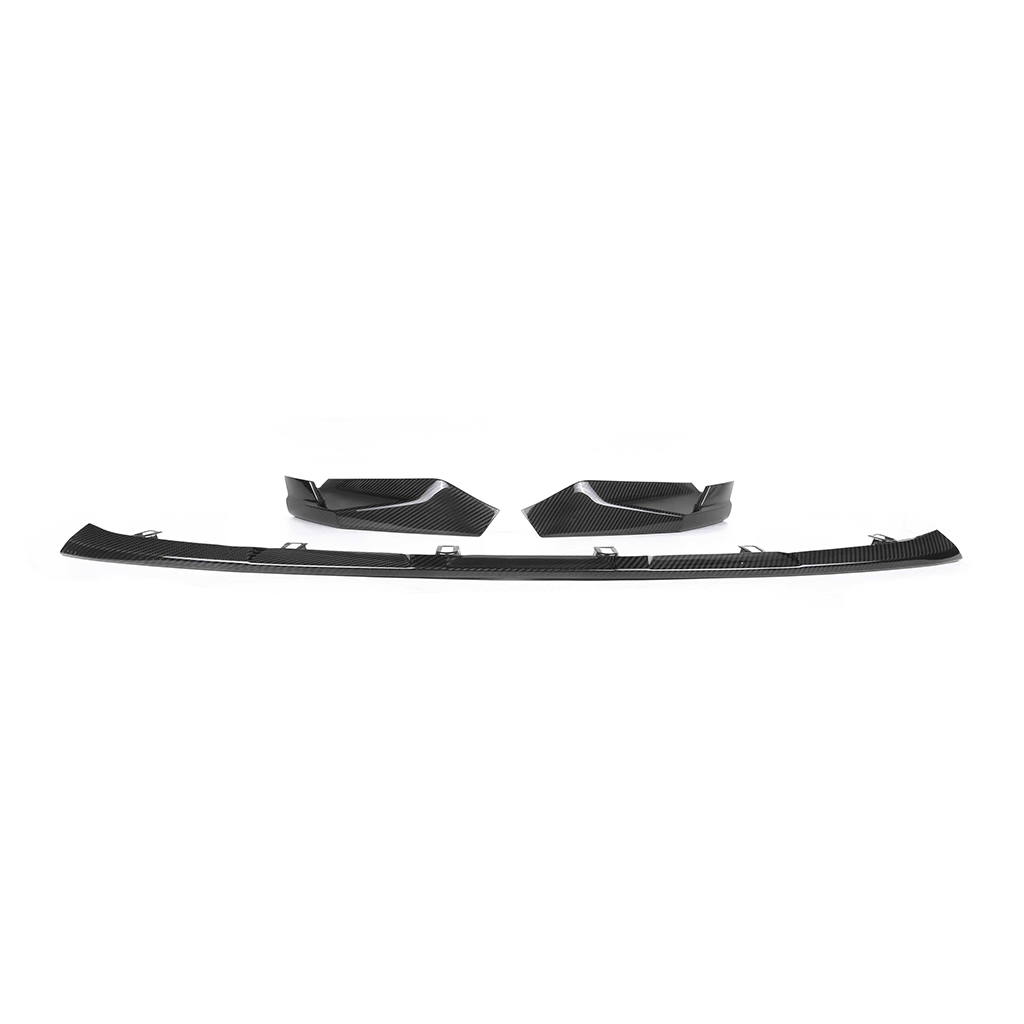
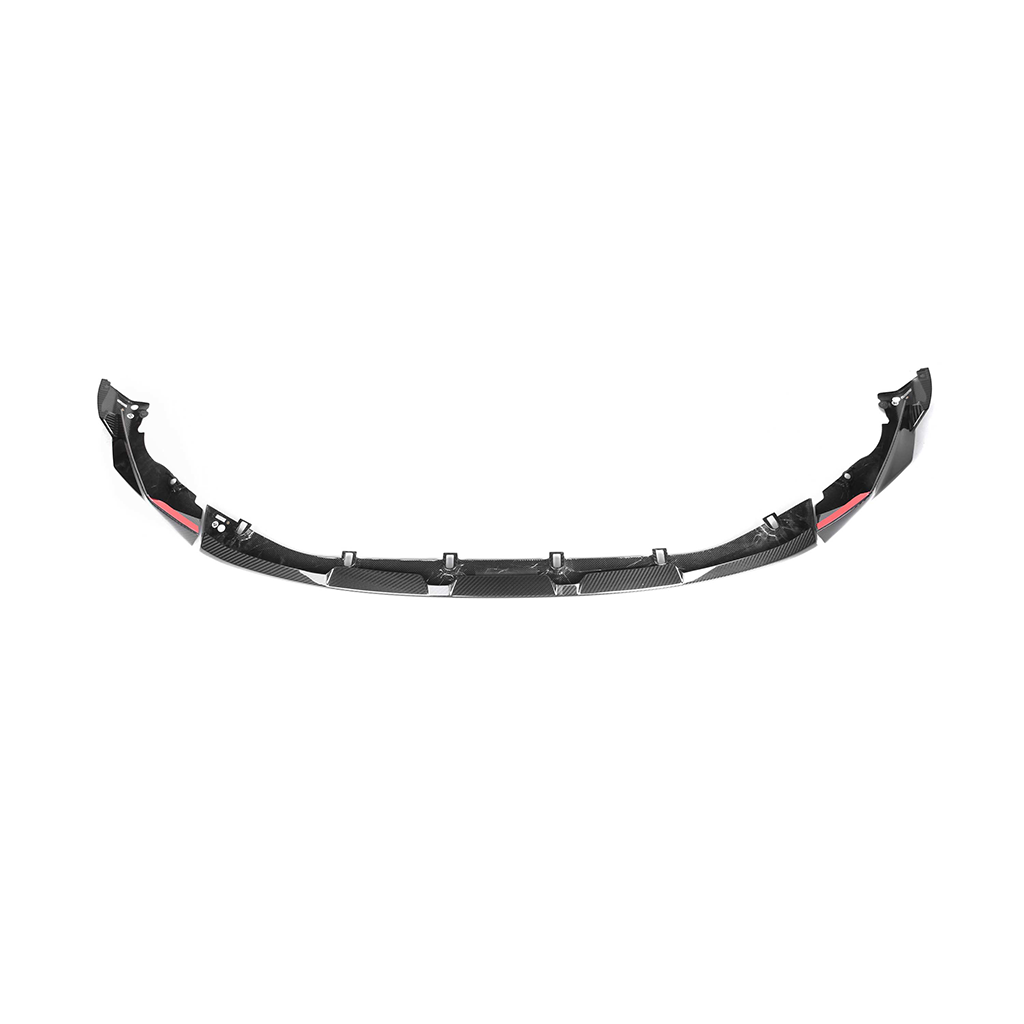
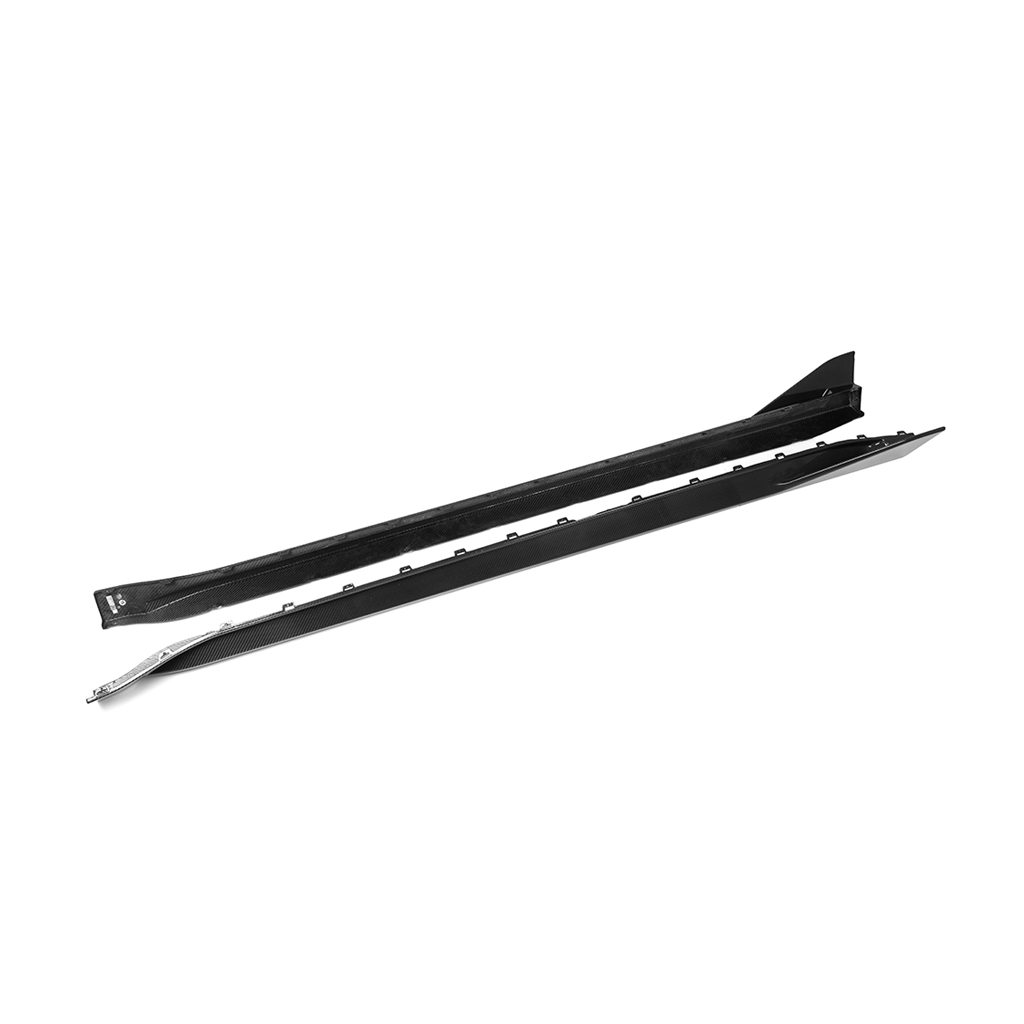
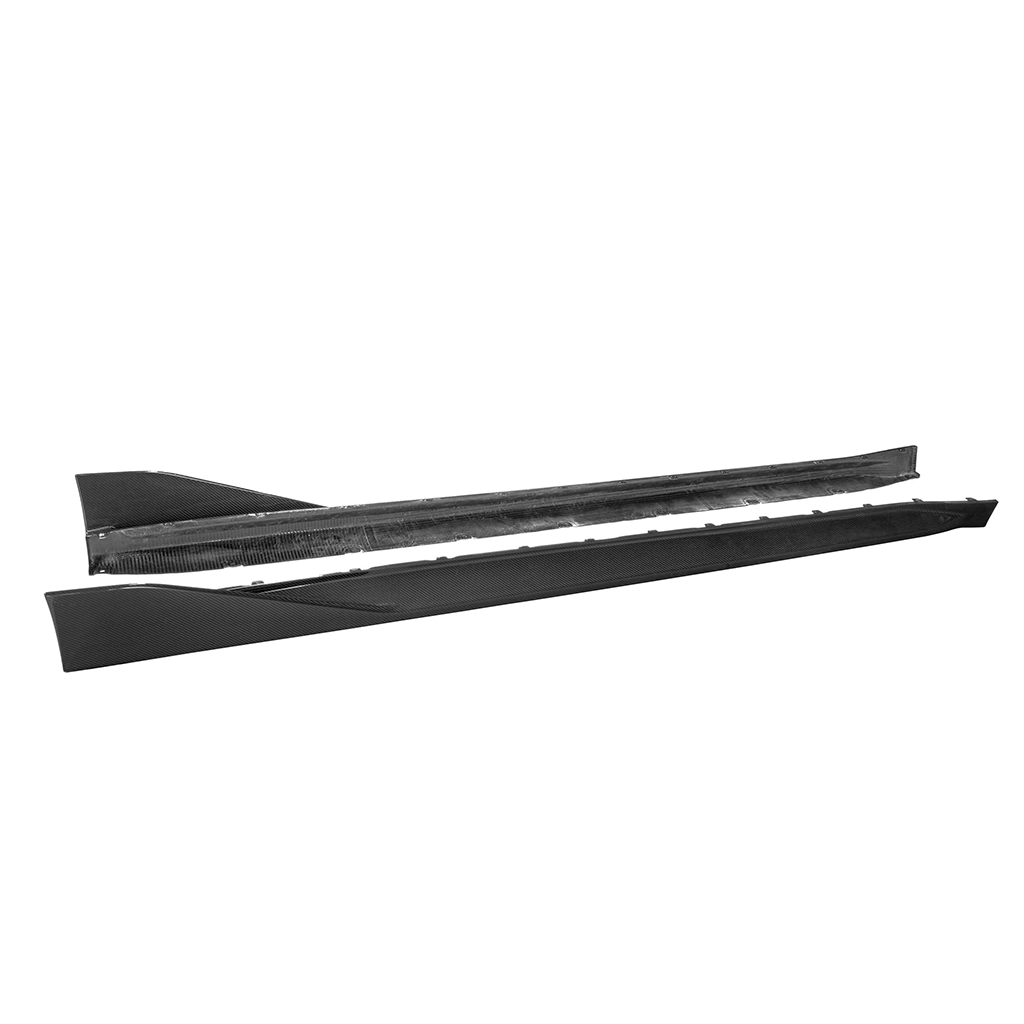
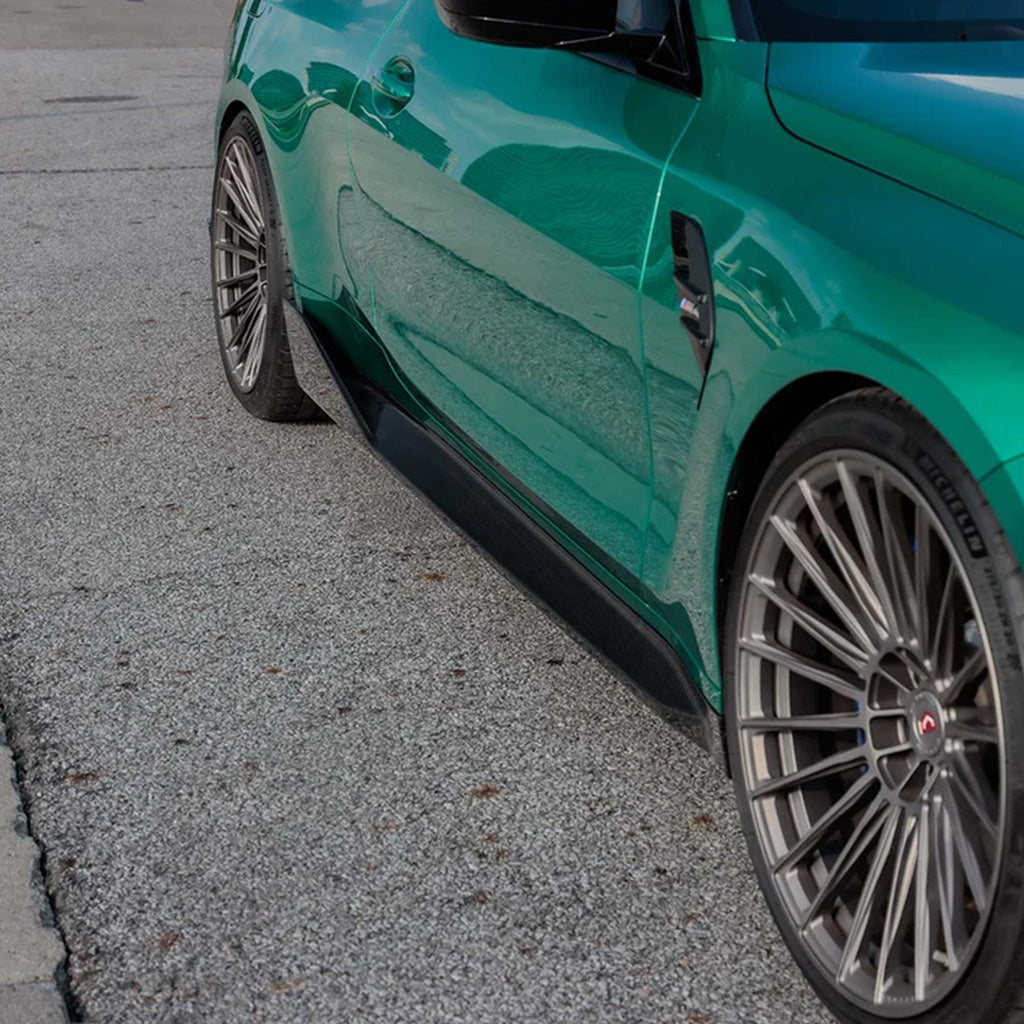



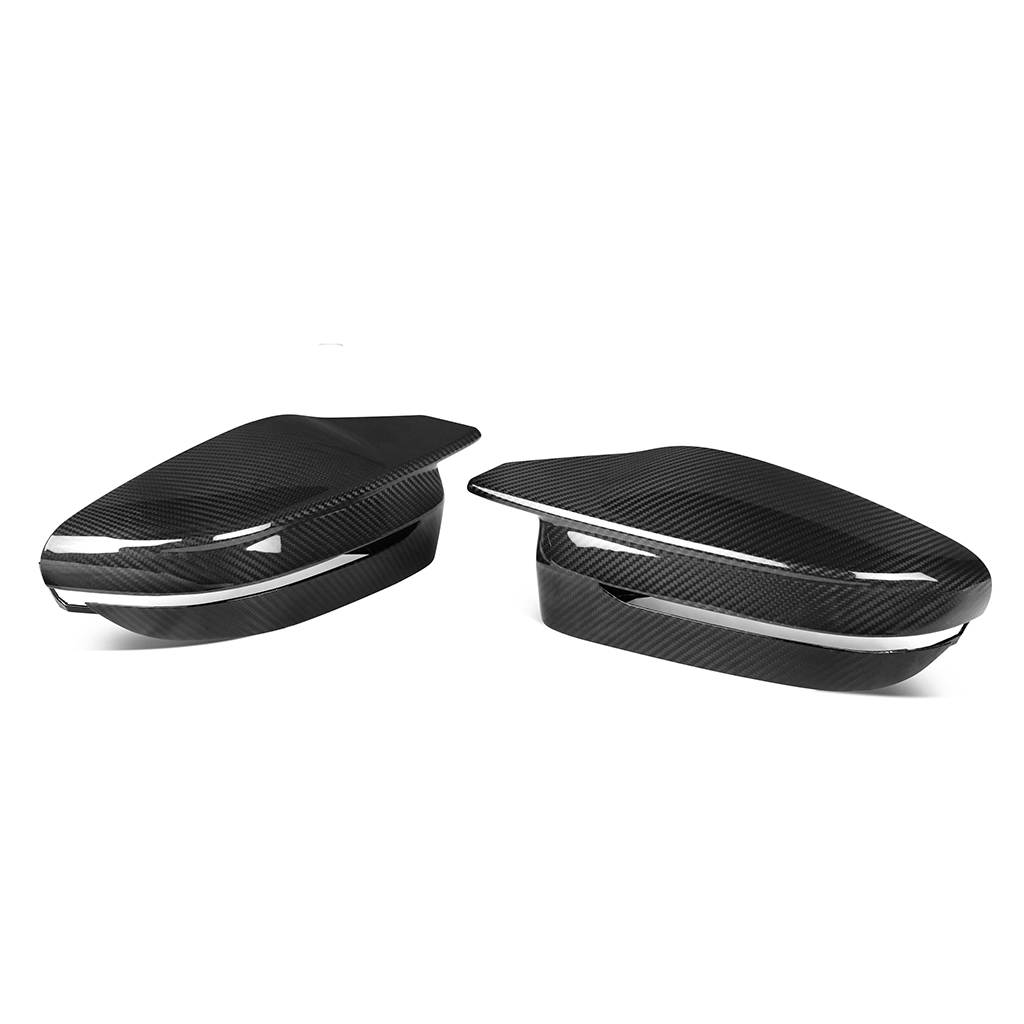
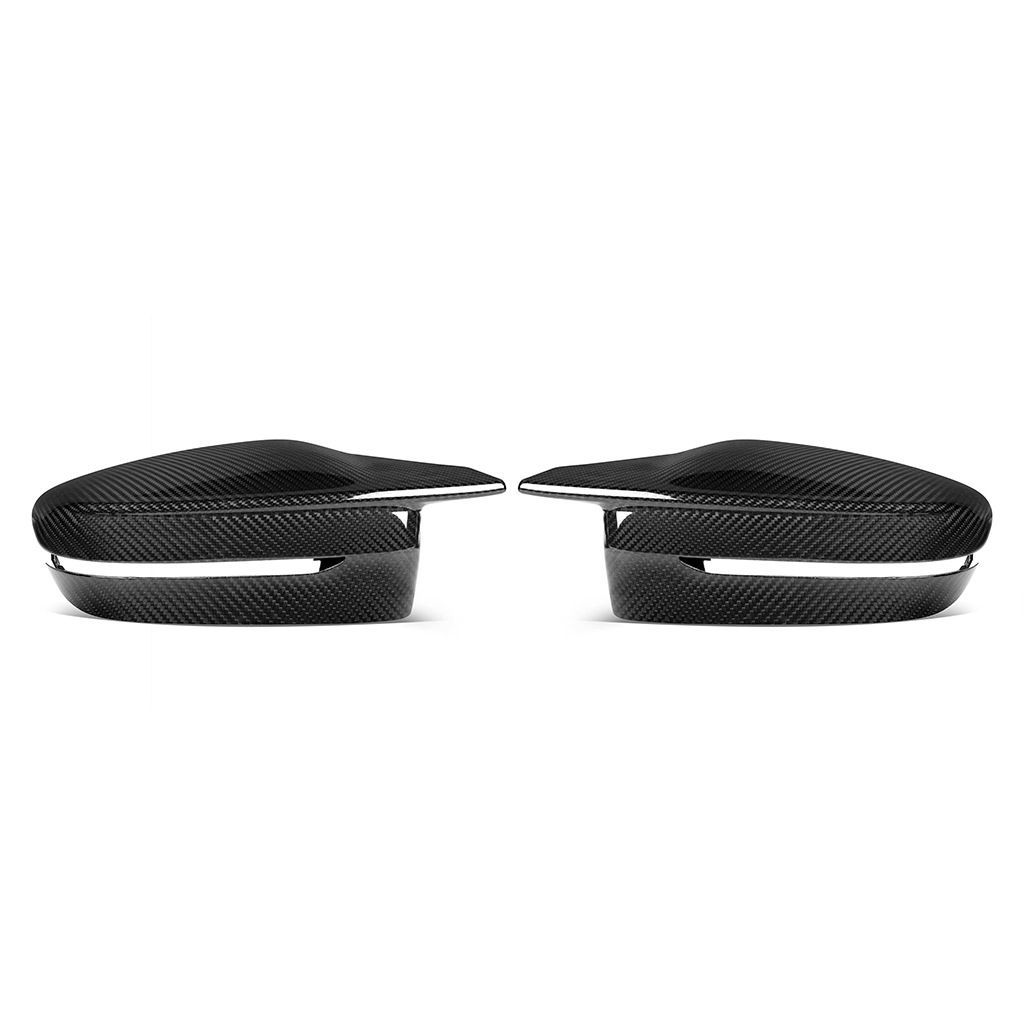
Share:
Volkswagen VR6 vs W8: What Drivers Need to Know
Volkswagen EA888 vs EA113 Engine Comparison